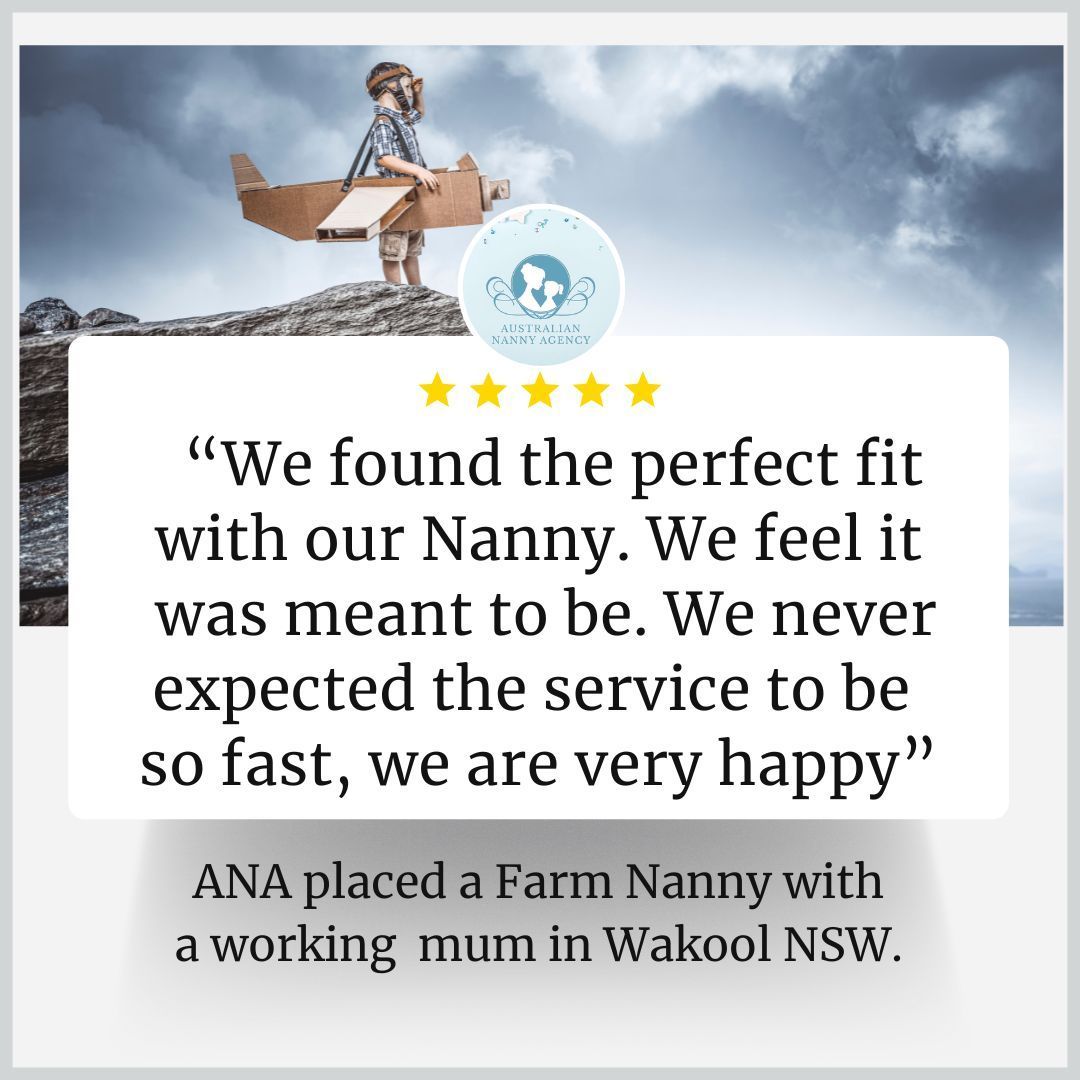"Leveraging Employer Branding Strategies to Distinguish Your Organization and Attract High-Caliber Candidates in a Competitive Landscape"

The Role of Employer Branding in Modern Recruitment: Attracting Top Talent in a Competitive Market
In today’s hyper-competitive job market, attracting and retaining top talent has become a paramount concern for organizations across industries. As the dynamics of work evolve and the expectations of candidates shift, employer branding has emerged as a critical strategy for companies looking to stand out. Employer branding encompasses the image and reputation of a company as an employer, and it plays a pivotal role in communicating the company's values, culture, and benefits to prospective employees.
Understanding Employer Branding
Employer branding is more than just a marketing buzzword; it encapsulates the perceptions and experiences that employees and candidates have regarding an organization. A strong employer brand conveys a clear message about what it’s like to work for a company, outlining not only the job roles available but also the organizational culture, values, and overall employee experience. In competitive industries, where skilled talent is in high demand, a robust employer brand can differentiate a company from its competitors.
The Importance of Employer Branding
- Attracting Talent: In a marketplace where job seekers have numerous options, a strong employer brand can lure top talent. Candidates are increasingly drawn to organizations that resonate with their personal values, career ambitions, and work-life balance preferences. Companies with well-defined employer brands are more likely to attract candidates who align with their mission and vision.
- Reducing Turnover: A well-communicated employer brand not only attracts talent but also helps retain it. When employees feel aligned with the company’s values and culture, they are less likely to seek opportunities elsewhere. This alignment fosters loyalty, reduces turnover rates, and ultimately saves organizations significant recruitment and training costs.
- Enhancing Employee Engagement: A strong employer brand promotes a sense of belonging and pride among employees. When employees understand and connect with the brand, they are more engaged and motivated in their roles. Engaged employees are not only more productive but also act as brand ambassadors, promoting the organization in their professional networks.
- Building Trust and Credibility: In an era where transparency is paramount, a strong employer brand builds trust with potential candidates. Companies that authentically communicate their values and practices are more likely to attract top talent. Conversely, organizations that fail to deliver on their employer brand promises may face reputational risks and challenges in recruitment.
Communicating Employer Brand Effectively
To harness the power of employer branding, companies need to effectively communicate their values, culture, and benefits. Here are several strategies to consider:
- Define Your Unique Value Proposition (UVP): Start by identifying what sets your organization apart from others. This could include your company culture, employee benefits, career development opportunities, or commitment to diversity and inclusion. Clearly articulating your UVP will provide a foundation for your employer branding efforts.
- Leverage Social Media: Social media platforms are powerful tools for showcasing your employer brand. Use channels like LinkedIn, Instagram, and Twitter to share employee stories, company achievements, and insights into your workplace culture. Engaging content, such as videos and testimonials, can provide potential candidates with a glimpse into the employee experience.
- Engage Current Employees: Your current employees are your best advocates. Encourage them to share their experiences and insights about working for your organization. Implementing employee referral programs can also enhance your employer brand, as candidates are more likely to trust recommendations from people they know.
- Showcase Company Culture: Highlight your company culture through various channels, including your website, job postings, and recruitment events. Share information about team-building activities, employee recognition programs, and community involvement. Authentic representations of your workplace culture can resonate with candidates seeking a supportive environment.
- Utilize Employee Testimonials: Incorporate employee testimonials and success stories into your recruitment material. Real-life accounts of employee experiences can provide candidates with relatable insights and foster a connection to your organization. Video testimonials can be particularly impactful, as they add a personal touch.
- Invest in Diversity and Inclusion: A commitment to diversity and inclusion is not just a societal necessity; it is also a vital component of employer branding. Highlight your efforts in creating an inclusive workplace and the benefits that diversity brings to your organization. This commitment can significantly influence candidates’ decisions, especially in competitive markets.
- Consistent Messaging: Ensure that your employer brand message is consistent across all platforms and touchpoints, from job postings to interviews. Consistency reinforces your brand identity and builds credibility. Discrepancies between what is promised and what is delivered can lead to disillusionment among candidates and employees.
Conclusion
In a world where top talent is increasingly selective about where they work, employer branding has become an essential element of modern recruitment strategies. Organizations that prioritize their employer brand not only attract high-quality candidates but also foster a positive workplace culture that enhances employee satisfaction and retention. By effectively communicating their unique values, culture, and benefits, companies can position themselves as employers of choice in a competitive market. Ultimately, a strong employer brand is a long-term investment that yields significant returns in talent acquisition, employee engagement, and organizational success.
How does strong employer branding impact recruitment and help organizations attract top talent in a competitive job market?
Blog









